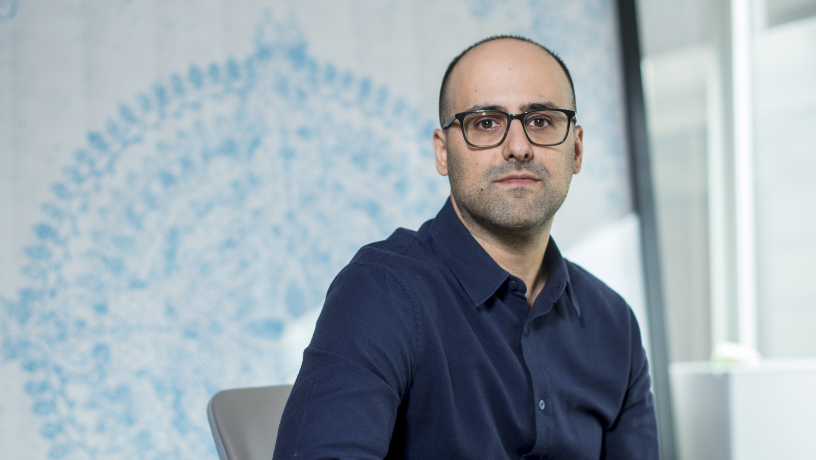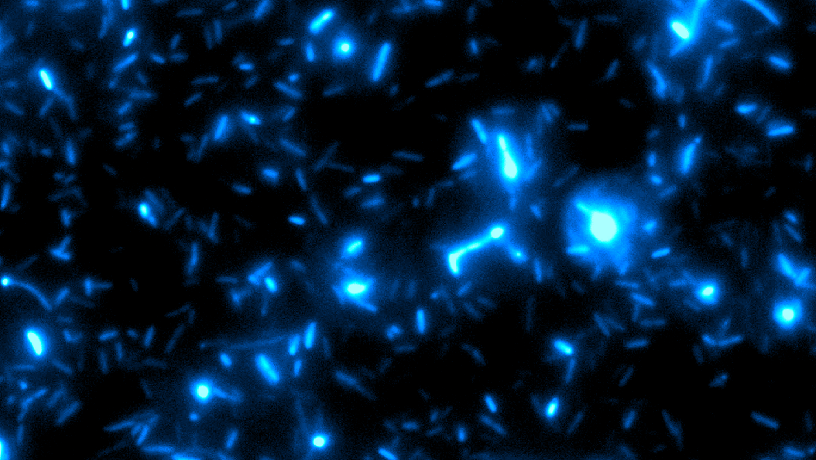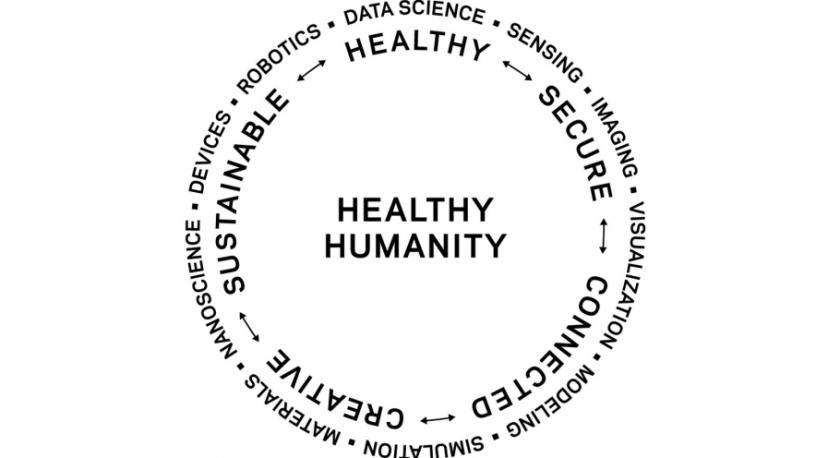Training Bacteria to Target Cancer
Imagine a world where the hidden ecosystem of bacteria inside our bodies could be harnessed to fight cancer and other diseases

Tal Danino

Bacteria is programmed to undergo waves of growth and self-destruction leading to immunotherapeutic release.

Bacteria—long seen as a scourge to be fought—is undergoing a major reputation overhaul. Building on transformative insights about the microbiome, the medical community has begun harnessing beneficial bacteria not only to address the growing problem of antibiotic resistance but also to fend off disease and help the body repair itself.
The trick is to repurpose bacteria’s natural colonizing abilities for good.
“First, we engineer bacteria that can actually sense and respond to their environment,” says Tal Danino, an assistant professor in biomedical engineering. “Then we program these microbes to act out a desired behavior, such as delivering a therapy or eliciting a particular response in the body.”
For Danino’s work as head of the Synthetic Biological Systems Laboratory, that recently meant identifying a way to unleash his bacteria on a protein called CD47. Found on the surface of many cells, CD47 protects its hosts from being destroyed by the body’s immune system. Unfortunately, it’s not only healthy cells that generate CD47; many cancer cells also manufacture this protective protein in order to slip undetected past the body’s potent immune response. So far, treatments to combat tumors with CD47 have caused significant toxicity and a host of unpleasant side effects.
Working closely with immunologist Nicholas Arpaia from Columbia’s Herbert Irving Comprehensive Cancer Center, the team developed a breakthrough approach that teaches bacteria how to circumvent CD47 and covertly attack cancer tumors from the inside. By engineering a non-disease-causing bacterium to produce this protein within the tumor only, they created a living drug capable of self-multiplying in the tumor’s core, where it deposits nanobodies that leave the tumor vulnerable to immune cells. Amazingly, the nanobodies not only regressed the treated tumor but also shrank nearby tumors that hadn’t even received the treatment.
The method builds on Danino’s larger project to create programmable drug delivery platforms that are smart, safe, and effective. As such, tackling cancer is just step one. One day, he also hopes to translate his approach to address illnesses like gastrointestinal disease and infections.
“Ultimately, designer probiotics could routinely diagnose and treat a range of diseases,” Danino says.
